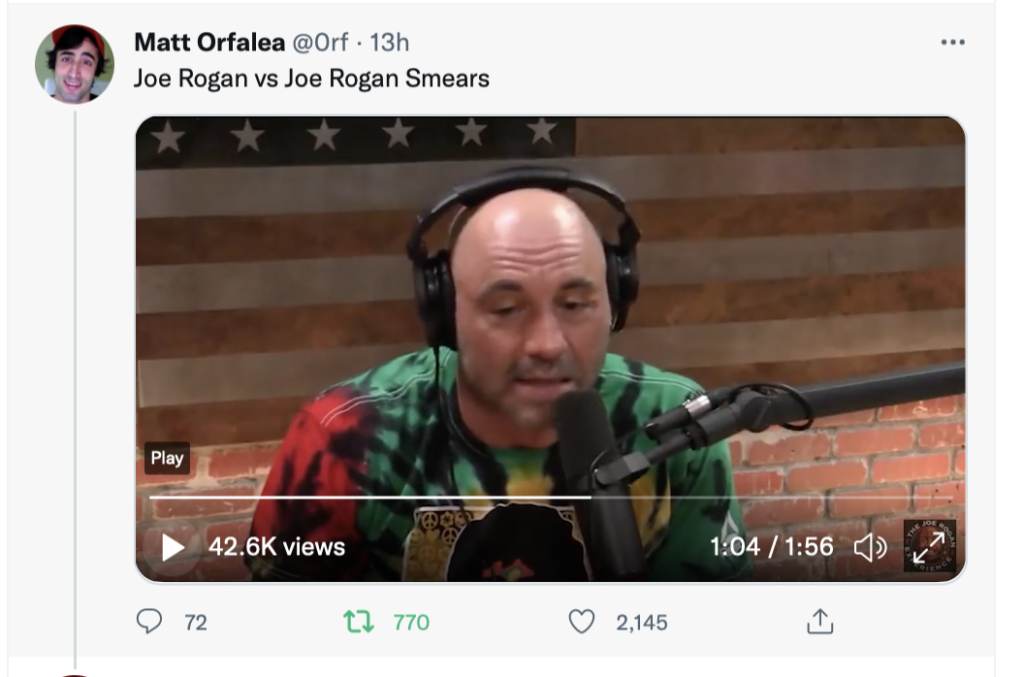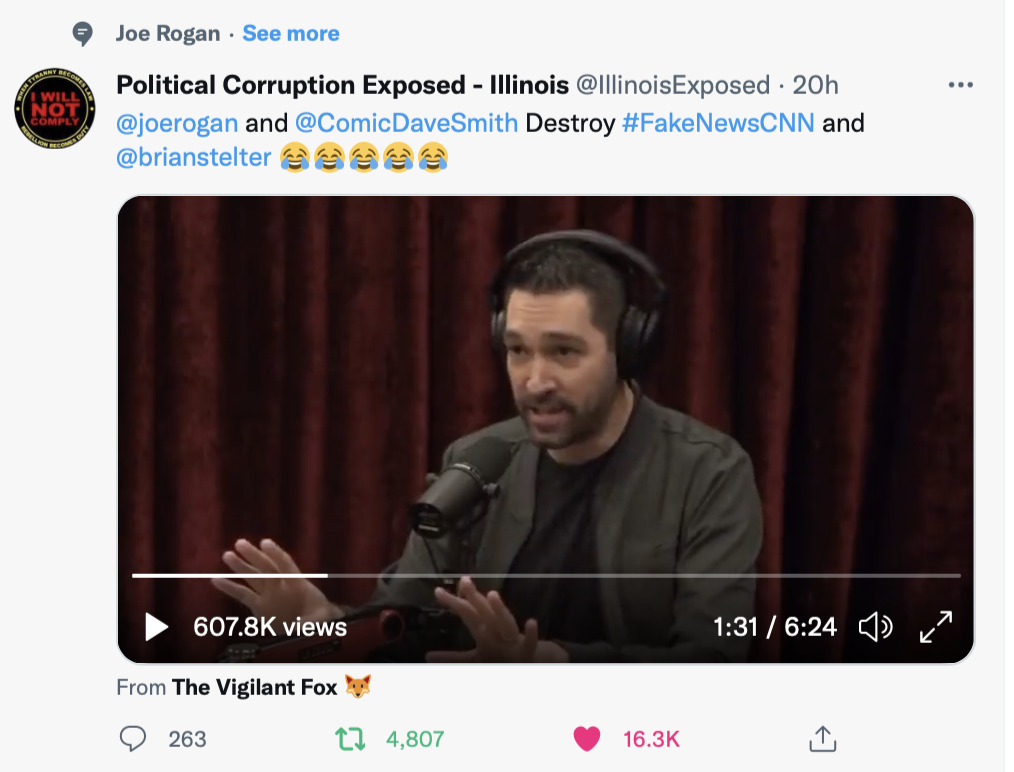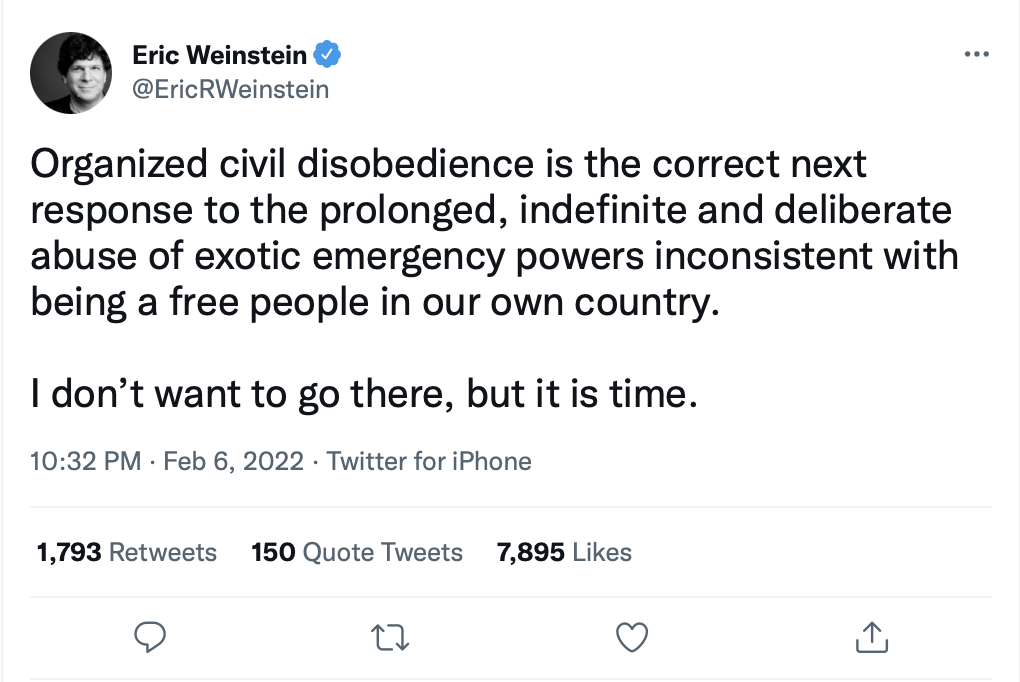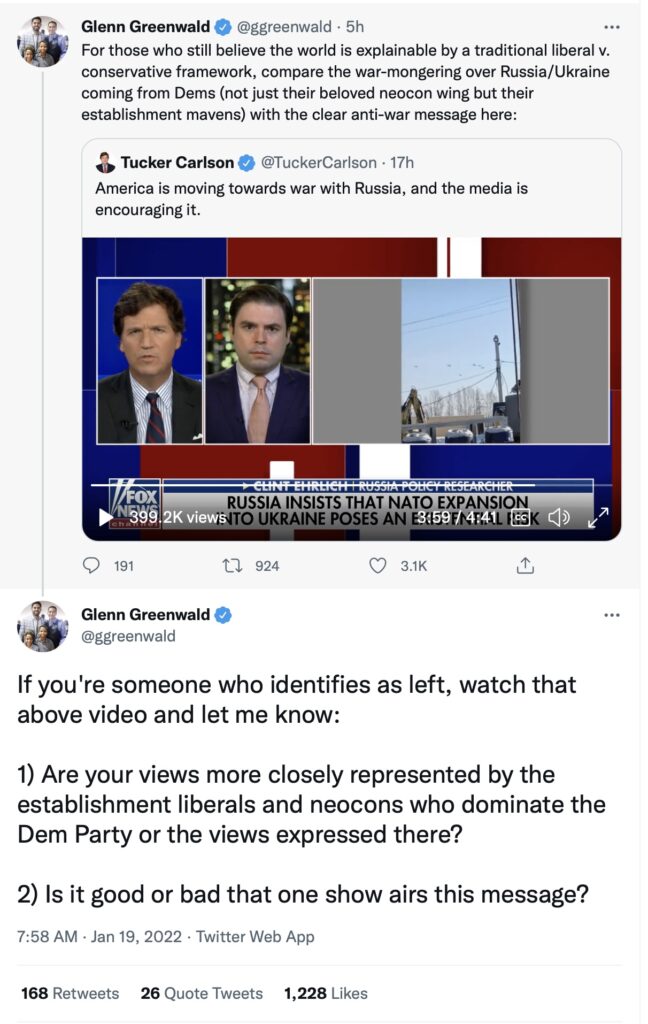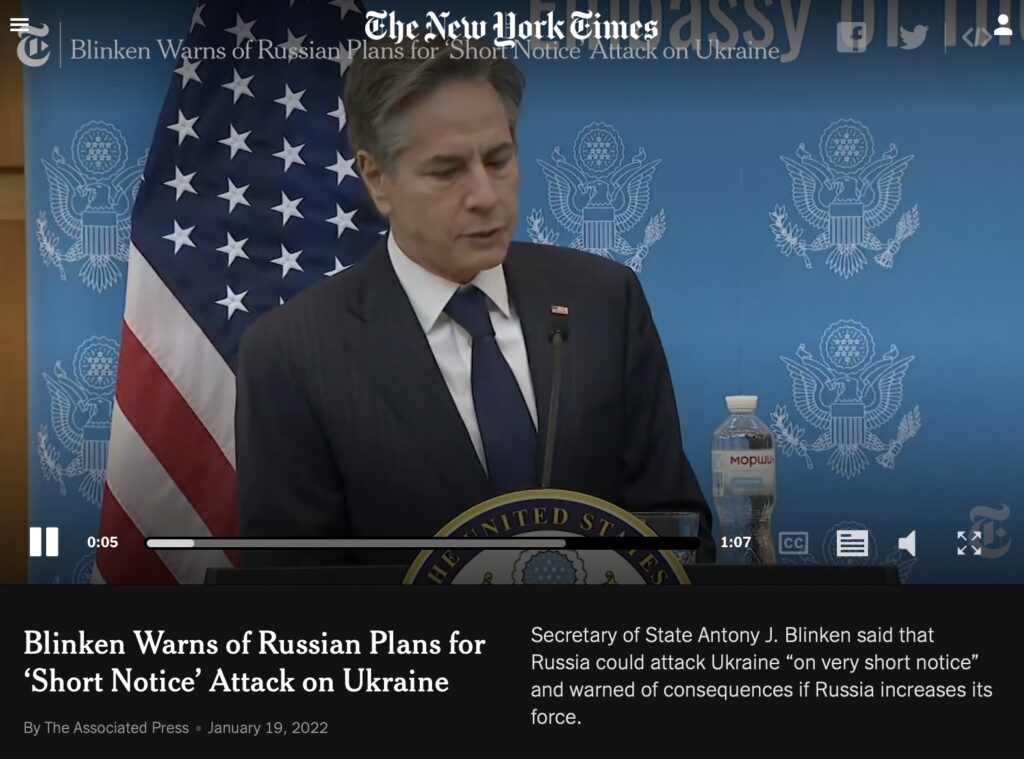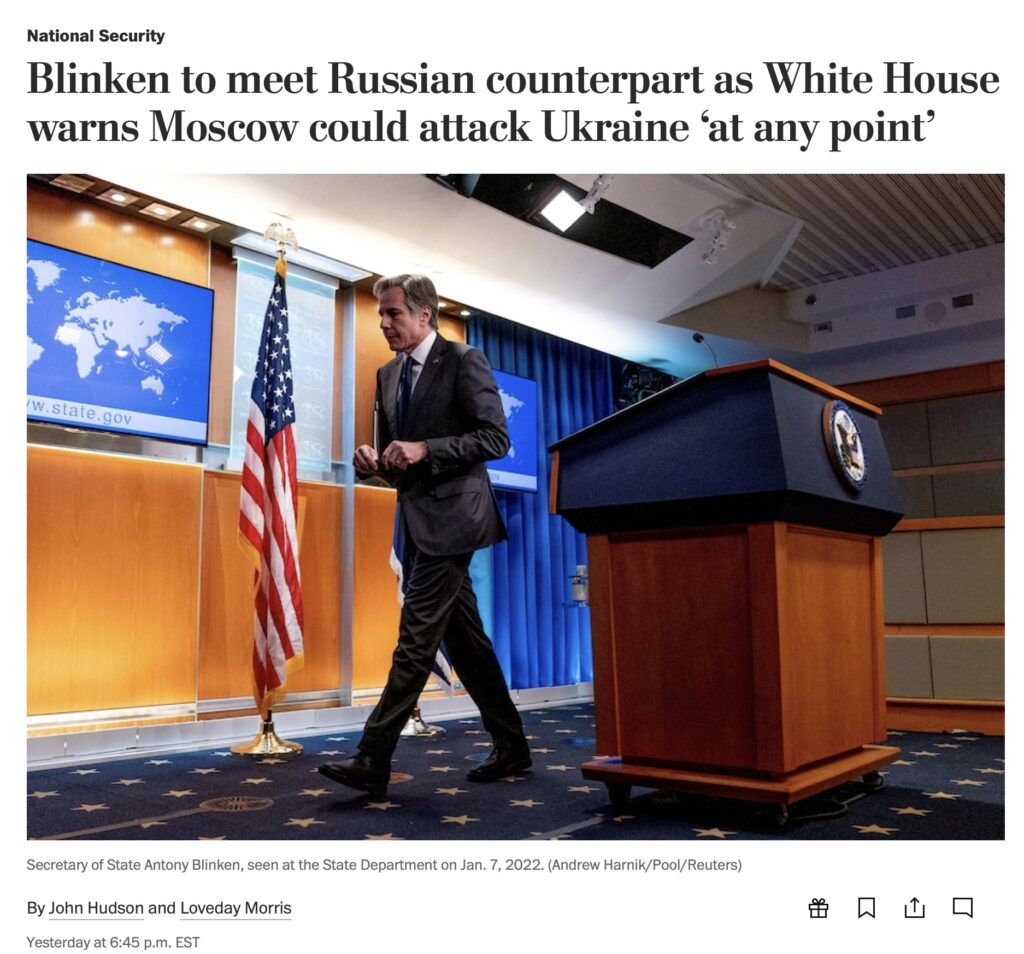“Race,” “News Media” and Shootings
I often use the word "race" in scare quotes because I don't believe that "race" is a useful phrase. In fact, it has caused nothing but mischief, violence and death ever since people began using the term. My position is that there are definitely some racists out there, but there is no such thing as "race." I have put the term "news media" in quotes because I have lost so much respect for so many of those organizations that claim to be bringing us the news based on numerous recent examples of a course of conduct that is more egregious than the negligence standard one might associate with journalism malpractice.
Political Scientist Wilfred Reilly is not afraid to step into the fray to state unvarnished truth. He is a former corporate executive and freedom rider, as well as author of the 2020 book Taboo: 10 Facts [You Can't Talk About]. In his introduction to that book, he states:
Tackling taboos is difficult, but necessary. Very often— MOST often— they are used not to shield strong and valid ideas from pointless attacks, but rather to protect weak ones from worthwhile criticism.
Reilly's statistics-rich discussion is now featured on FAIR's website: His article is titled, "The Broken Mirror: Media Narrative vs. Reality." The "news media" that leans politically to the Left is forcefully pushing a media is making people on the political Left unnecessarily angry (against police officers), but it should be making all of us angry (about the divisive narrative being pushed). Here is an excerpt:
In the representative year of 2018, inter-racial violent crime involving blacks and whites made up approximately 3 percent of all serious crime: there were only about 600,000 victim-reported incidents involving a black perpetrator and a white victim, or vice-versa, out of more than 20,000,000 total crimes. Further, of the violent inter-racial crime that does occur, more than 80percent of reported incidents involved a black perpetrator and a white victim. The data tables in the 2018 Bureau of Justice Statistics Report include more than 500,000 black-on-white violent incidents, but well under 100,000 violent crimes that were white-on-black. While this finding is not necessarily surprising—there are far more whites than blacks, and whites, on average, have more money to be stolen—it would likely come as a shock to most upper-middle class Americans. As would another piece of data: according to the Washington Post, the total number of unarmed black men killed by police during the most recent year on record (2020) was not 10,000, or 1,000, but 17. That bears spelling out: in the year where America was supposedly inundated with white supremacist violence, where America was in the grips of a “racial reckoning” that included, in no small part, the acknowledgement of the “state-sanctioned murder” of young black men, only SEVENTEEN unarmed black men died at the hands of police officers.
This data leads us to an obvious question: why do so many smart people believe inter-ethnic violence is so much worse than it is? . . .Basic data about inter-racial violence often seem not merely ignored by mainstream media sources, but actively misrepresented.
In Taboo, I point out that about 75 percent of individuals fatally shot by police in a typical year are Caucasian whites or Hispanics. However, national media outlets devote less than 20 percent of their police violence coverage to these cases. A Google search for “well-known police shooting,” conducted in 2020 in connection with the book, turned up articles which covered two police shootings of Latinos, four police shootings of whites, and 36 police shootings of blacks. This level of over-representation of black victims in coverage (2,400 percent) could hardly be the result of anything but very conscious choice—and respected social scientists like John Lott have argued empirically that media treatment of a range of issues, from political extremism to mass shootings, follows a similar troubling pattern.
I'm not going to pretend that I could add anything to Reilly's detailed analysis, but reading his article did cause me to wonder whether part of the media strategy was to stir up conflict and hate, thereby selling ads and rewarding loyal followers. As I read Reilly's statistics, I can't help but think of Matt Taibbi's book, Hate, Inc., in which he argues "that what most people think of as 'the news' is, in fact, a twisted wing of the entertainment business.
At the conclusion of his article, Reilly argues that it's time for the new outlets to step up and do real journalism:
In order for our country to truly address the vestiges of racism that still exist, it’s essential that the media provide a clear and honest picture of racial relations in contemporary America.

